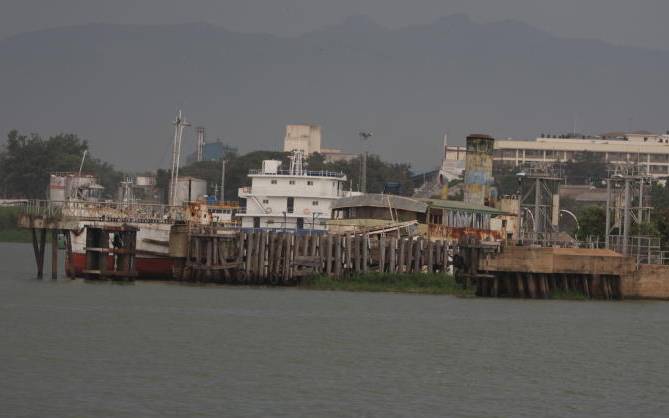×
The Standard e-Paper
Home To Bold Columnists

“If you want to build a ship, don’t drum up people to collect wood and don’t assign them tasks and work, but rather teach them to long for the endless immensity of the sea.”
Those were the words of acclaimed French author Antoine de Saint-Exupery, who also wrote, “The Little Prince”, one of the most touching short stories ever.